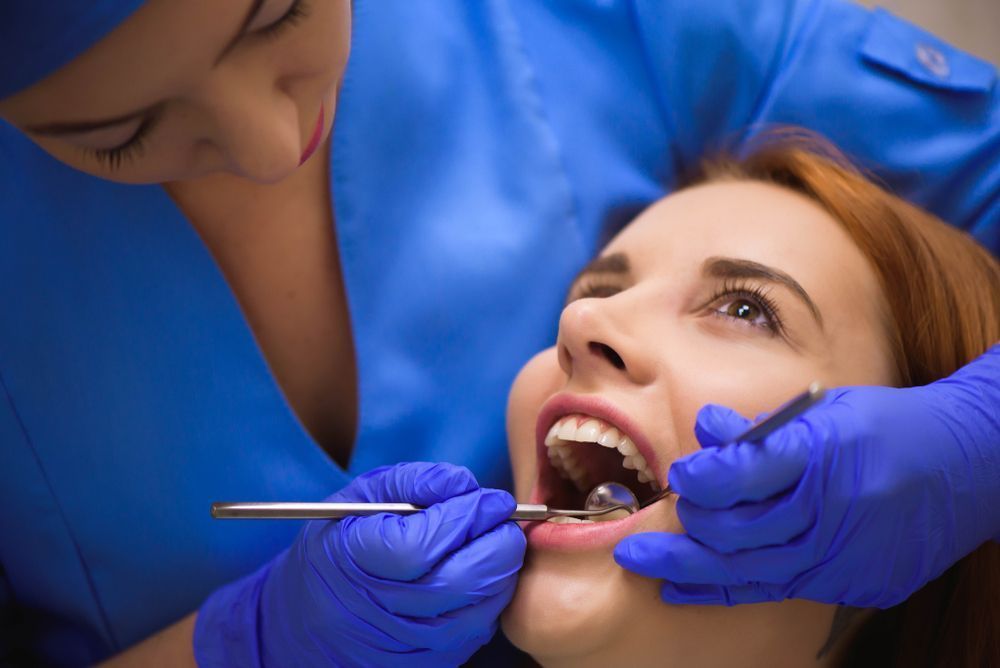Oral Surgery
Comprehensive, Gentle Surgical Care for Every Smile
Why Oral Surgery Matters
Oral surgery addresses a wide range of dental conditions that affect the teeth, gums, and jawbone. Whether it’s relieving pain, repairing damage, or restoring function, surgical treatments play an important role in maintaining long-term oral health.
At Revita Dentistry, we perform each procedure with precision, compassion, and modern technology to ensure a comfortable and positive experience. From simple tooth extractions to advanced implant placement, our goal is to protect your smile while promoting faster healing and lasting results. Oral Surgery Can Help With:
- Removing damaged, infected, or impacted teeth
- Replacing missing teeth with dental implants
- Treating gum or bone loss for healthier support
- Improving function, comfort, and smile aesthetics
Your Dental Procedure
Every patient’s needs are unique, and we tailor every procedure accordingly. Using advanced diagnostic imaging and minimally invasive techniques, we ensure accuracy and comfort from start to finish. Our Process Includes:
- Consultation & Planning: We begin with a full evaluation, including X-rays or 3D scans, to create a customized surgical plan that meets your goals.
- Comfort & Anesthesia Options: Depending on your treatment, we offer local anesthesia or sedation to keep you relaxed and pain-free.
- Precise Surgical Care: Our team uses modern tools and refined techniques for efficient, gentle, and effective results.
- Post-Op Guidance: You’ll receive personalized aftercare instructions and follow-up visits to ensure a smooth recovery.
Oral Surgery Procedures We Offer
Below are the oral surgery procedures available at Revita Dentistry, each performed with expertise, precision, and care.
Tooth Extractions
Safe removal of damaged, decayed, or non-restorable teeth to prevent infection and preserve oral health.
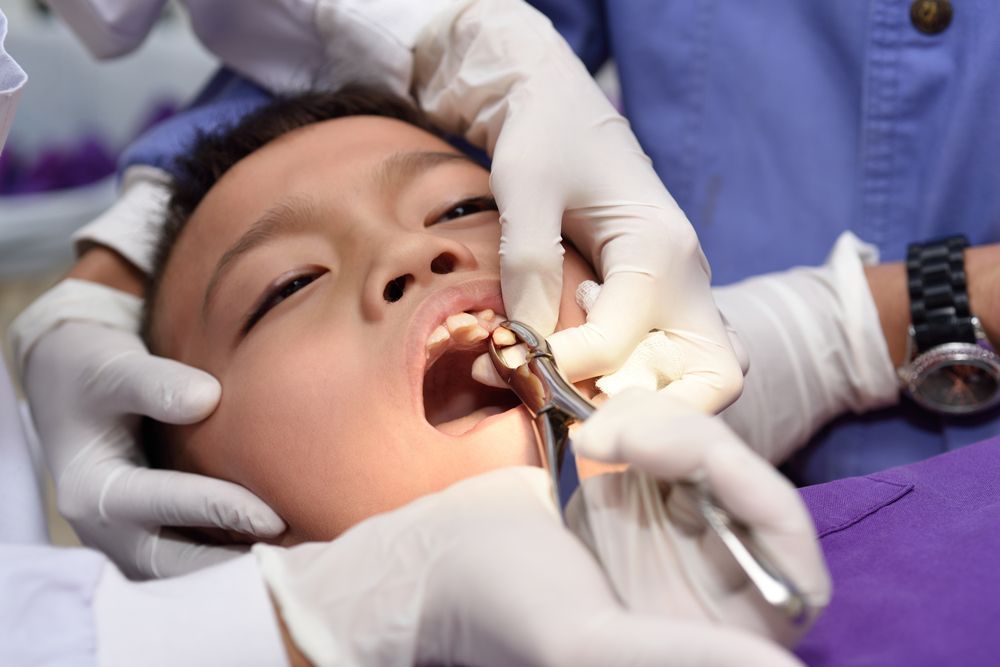
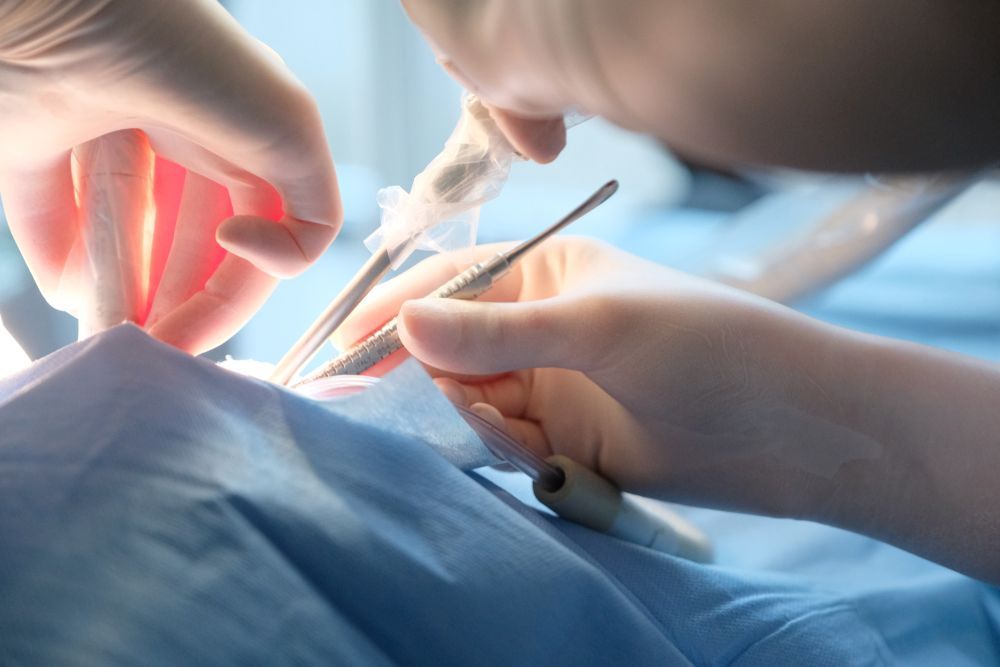
Dental Implant Surgery
Permanent replacement for missing teeth using advanced implant techniques to restore strength and stability.
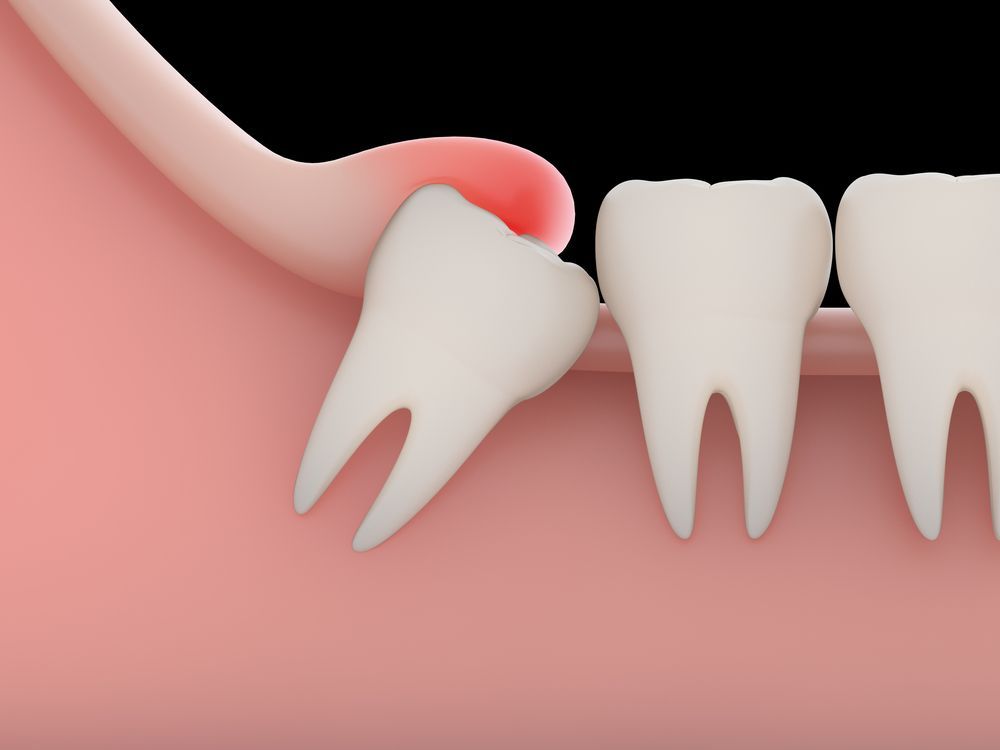
Wisdom Teeth Removal
Careful extraction of impacted or problematic wisdom teeth to relieve pain and prevent future dental complications.
Gum Grafts
Restores receding gums and protects exposed roots while improving the appearance and health of your smile.
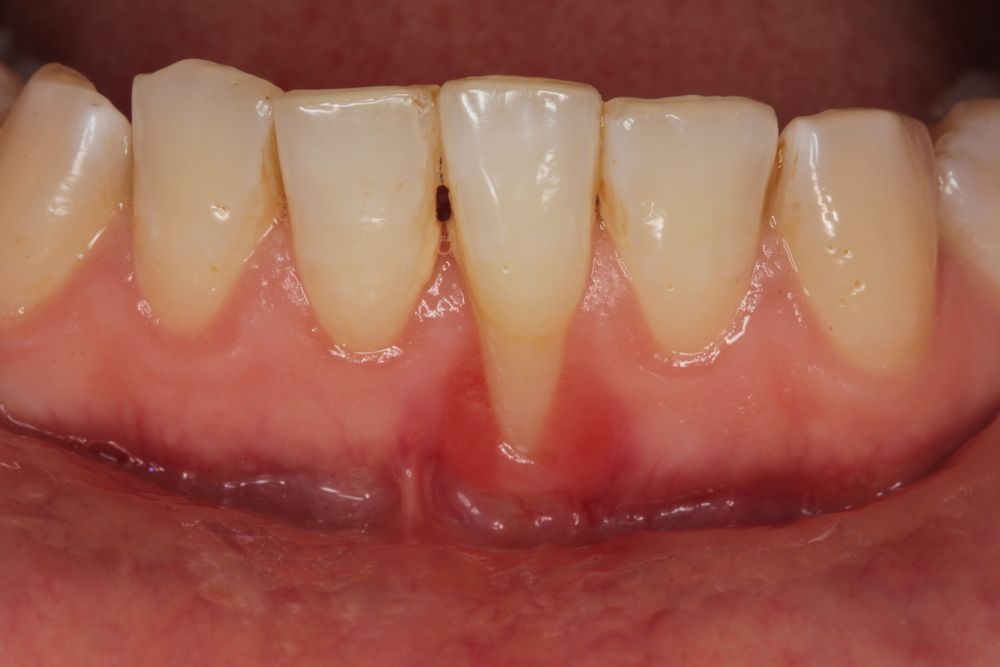
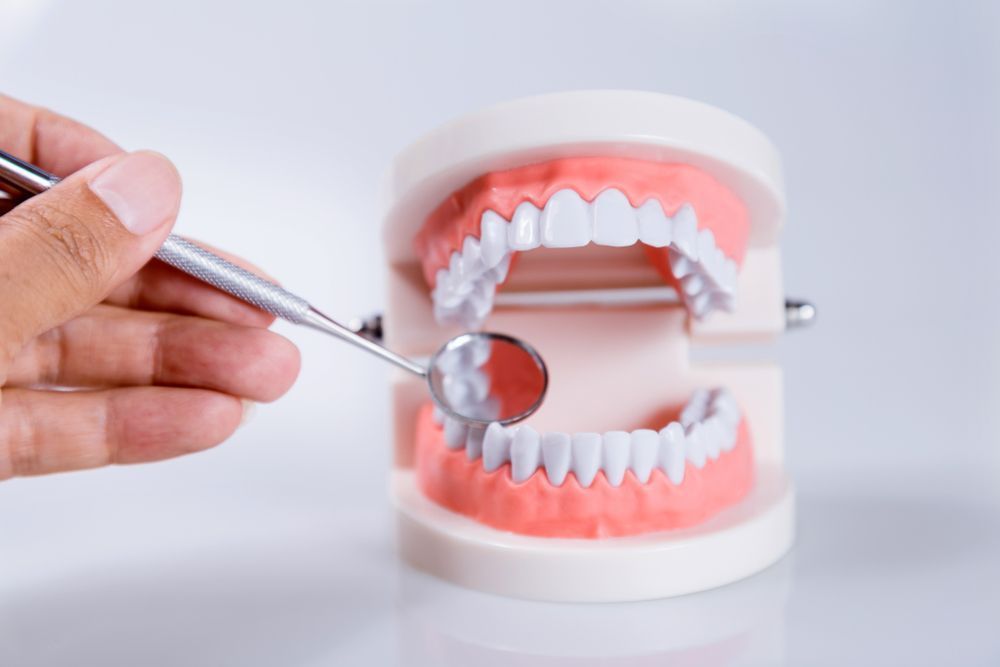
Bone Grafts
Rebuilds and strengthens jawbone density to support dental implants or stabilize natural teeth.

Full Mouth Reconstruction
A comprehensive approach that combines multiple surgical and restorative treatments to rebuild function and comfort.
Frequently Asked Questions
Is oral surgery painful?
No, we use local anesthesia or sedation to ensure a pain-free experience. Mild soreness afterward is normal and can be easily managed with medication and rest.
How do I prepare for oral surgery?
We’ll provide personalized pre-surgery instructions, which may include fasting before sedation, arranging transportation, and taking prescribed medications as directed.
How long does recovery take?
Recovery varies depending on the type of surgery. Minor extractions may heal in a few days, while more complex procedures like implants or grafts may take a few weeks.
What can I eat after oral surgery?
Soft foods such as soups, yogurt, and mashed vegetables are recommended for the first few days. Avoid hot, spicy, or crunchy foods until healing progresses.
How do I know if I need oral surgery?
If you experience pain, swelling, infection, or missing teeth that affect your bite or comfort, our dentist can assess whether oral surgery is the best solution for you.



